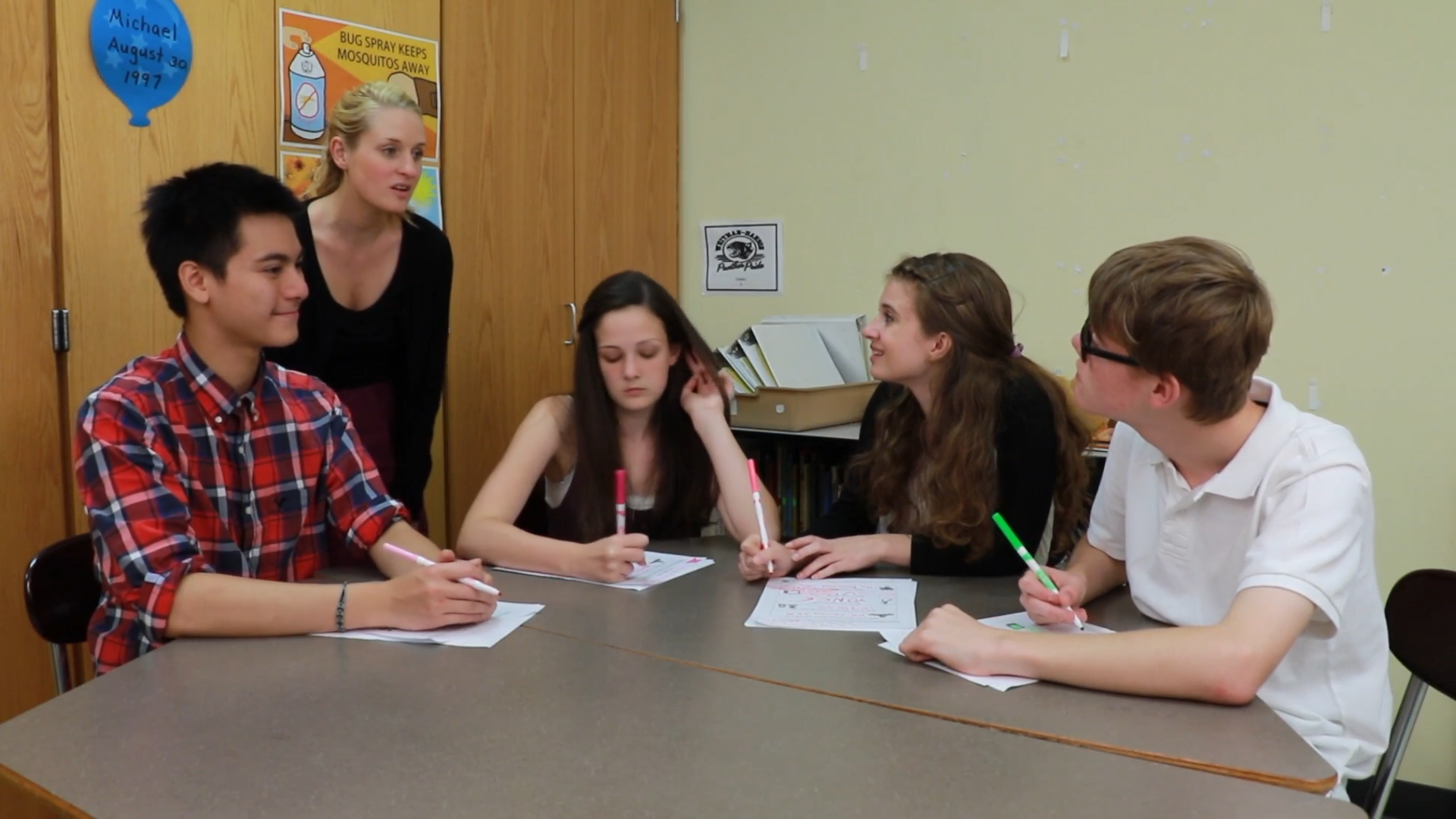Introduction
Making a good first impression is a crucial skill for students to develop, as it sets the tone for future interactions and relationships. When students learn how to present themselves positively, they can improve their social experiences and foster a welcoming environment for others. In this blog post, we will discuss a no-prep activity that educators can use to teach elementary students about the importance of first impressions, provide discussion questions to stimulate deeper thinking, and mention related skills for students to explore.
No-Prep Activity
This activity, called “The First Impression Role-Play,” requires no preparation or materials from the educator. To begin, divide the class into pairs. In each pair, assign one student to be the “New Student” and the other to be the “Classmate.” The New Student’s role is to enter the classroom and introduce themselves to the Classmate, while the Classmate’s role is to react to the introduction in various ways.
First, instruct the Classmates to react negatively, such as by ignoring the New Student or giving a curt response. After a minute, have the students switch roles and repeat the exercise. Discuss how it felt to be the New Student in both situations and what kind of impressions were made.
Next, instruct the Classmates to react positively, such as by warmly greeting the New Student and asking questions about their interests. Have the students switch roles again and repeat the exercise. Discuss how the New Student felt in these situations and the impressions made.
Discussion Questions
- How does making a good first impression affect the way others perceive you?
- Why is it important to be aware of our body language and tone of voice when making a first impression?
- Can you think of a time when someone made a strong first impression on you? How did it influence your relationship with that person?
- What are some ways you can practice making good first impressions outside of school?
- How can you help others feel welcome and included in a new environment?
Related Skills
Beyond making a good first impression, there are several other skills that can help students build positive relationships and navigate social situations effectively. These include:
- Active listening: Paying attention to what others are saying and responding appropriately.
- Empathy: Understanding and sharing the feelings of others.
- Conflict resolution: Addressing disagreements and finding solutions that work for all parties involved.
- Assertiveness: Expressing one’s feelings, opinions, and needs in a respectful and confident manner.
Next Steps
Now that you have learned about the importance of first impressions and how to teach this valuable skill to your students, we invite you to explore more resources and activities to support social-emotional learning in your classroom. Sign up for free samples of our engaging materials designed to help students develop essential skills for building positive relationships and navigating social situations effectively. With the right tools and guidance, you can empower your students to make a lasting, positive impact on those around them.






